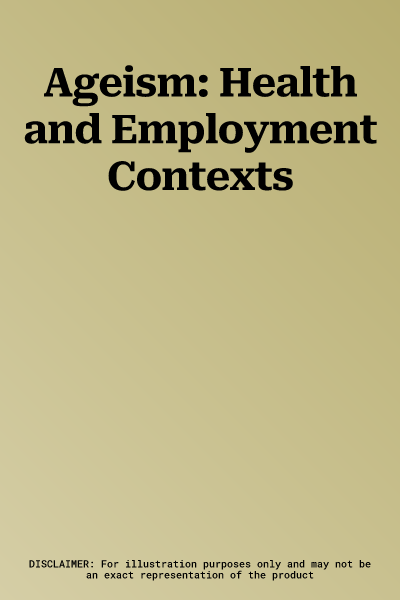Ageism: Health and Employment ContextsPaperback, 21 March 2016

Qty
1
Turbo
Ships in 2 - 3 days
In Stock
Free Delivery
Cash on Delivery
15 Days
Free Returns
Secure Checkout

Part of Series
Journal of Social Issues (Josi)
Part of Series
Journal of Social Issues (Josi
Print Length
222 pages
Language
English
Publisher
Wiley-Blackwell
Date Published
21 Mar 2016
ISBN-10
1119280990
ISBN-13
9781119280996
Description
Product Details
Book Format:
Paperback
Country of Origin:
US
Date Published:
21 March 2016
Dimensions:
22.61 x
14.99 x
1.27 cm
ISBN-10:
1119280990
ISBN-13:
9781119280996
Language:
English
Pages:
222
Publisher:
Weight:
294.83 gm